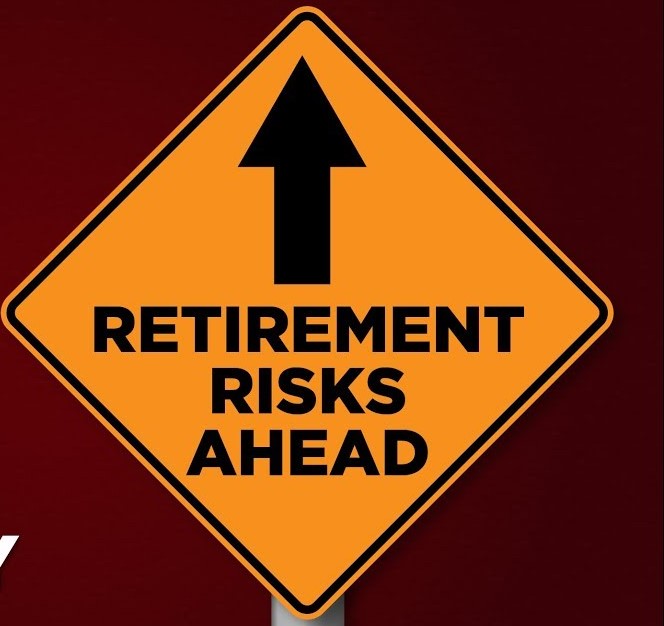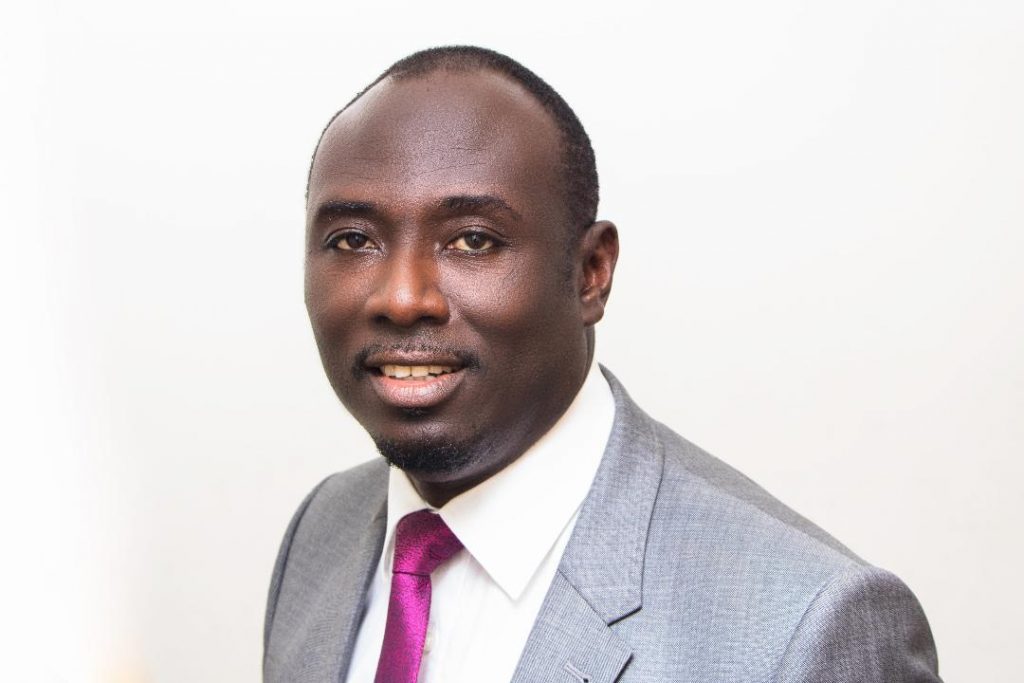
Our elders have advised us not to put all our eggs in one basket. This is a formidable fundamental principle in investment management. Every investment portfolio manager worth his/her salt practices this principle.
They invest in different instruments so as to avoid the full possibility of losses (risk) associated with the various instruments they invest in. This is simply, DIVERSIFICATION. We should also apply this principle to our retirement planning, because retirement planning comes with its own risks.
Pension Trustees and their fund managers are expected to comply with this principle in investing our pension contributions. The guidelines for investing pension funds have been clearly outlined by the regulator, NPRA. Therefore, our private pension contributions are invested in different instruments, mostly government instruments, as a way to manage the risk. It is one of the reasons private pension funds were saved from big losses during the recent financial sector clean up.
Risks in Retirement Income Options
Every option you can think of carries the risk to fail. It is very important to manage risks in the different income options for retirement or old age. This is so important because one income option or another could fail during the old age which could leave you stranded.
For both formal and informal sector persons, managing risks in retirement planning is critical. The informal sector and the self-employed persons are more exposed since they would most likely look to their business as their pension. Using business as a pension option means the business should be around long enough and be making profits till death. The risks here are numerous. The business itself could fade away due to developing competitive factors and changes in customer preferences. The business may still be viable but succession issues may ground it.
In Ghana changes in political landscape could affect the existence of businesses. These and many more may be the reasons why it would be risky to depend largely on an existing business(es) as your pension. Using your business as pension may be a good option, however, the risks must be managed by being critically alert to possible future development of the business sector as well as having a good succession plan. Every business has its own peculiar risk which has to be well managed to serve well as a retirement income. This is one key part of my retirement planning seminars which springs a lot of interest especially the younger working staff.
Pension Fund Risk
The self-employed within the informal sector may not have the adequate capacity for such interventions. Therefore, as a self-employed another way to mitigate the risk of ‘no income in old age’ is to have a financial arrangement in the form of a pension fund or a long-term financial investment. This is not to say pension funds have no risk, but at least they can cushion you when the other option fails. Pension funds also have their risks. They also bear the risk of inflation where the rise in general price of goods would reduce the purchasing power of the proceeds. One thing SSNIT does to mitigate benefits against inflation is the annual upward adjustments (indexation) of the benefit they pay to pensioners. For instance, SSNIT increased 2019 pension benefits by 11% for 2020.
My Conversation
I had a conversation with a retired public servant. He invested in a cocoa farm as one of his pension options. Though we generally know cocoa farming to be a lucrative venture, he had of a different experience. He mentioned to me how he could not have relied on the farm if he did not have other alternatives. According to him, he made only Ghs3,400 in the 2017/18 season which to him was a loss, looking at all the occasional expenses the care taker submits. We both ended the conversation knowing the problem could be his ‘remote ownership’, which unfortunately would be the situation with a larger cross-section of people. The point is for whatever reason, the cocoa farm could not meet his expectation. That is not say cocoa farm is a bad retirement option because they may be others who are also making it good. It all depends on how the risks are mitigated. For my client, management of the farm was his problem.
More for the Informal Sector
An informal sector person may not have the benefit of this SSNIT indexation as they may not have registered with the scheme at all. The first step for them is to participate in a formal private pension scheme that could give some level of predictive returns. Adding to that, you should seek professional advice in how you invest, so as to benefit from the returns of different instruments which respond differently to any existing economic situation. Professional advice has currently become very important in the scheme of things. We should engage them even if it is a paid service. It will minimize some of the risks pertaining to investments and their returns.
Family & Friends’ Pension
What about the pension support coming from children? I call it the ‘family & friends’ option. There are varying opinions to that. I may just leave the risk analysis to my dear readers to do and get back to me if they want using the contacts below.
The essence of this piece is to make us aware of retirement planning risks that can hit us in the future. Mitigating these risks also needs awareness and a good time, same as time needed for planning. In planning for retirement, just know that there are risks everywhere and you need to mitigate them. In this case when one option fails to yield its desired or expected benefits, another option would kick in.
“An investment in knowledge pays the best interest”, Benjamin Franklyn

Yaw is a Pensions and Management Consultant with M-DoZ Consulting and an Executive Director of M-DoZ Retirement & Investment Club. M-DoZ runs retirement & investment planning sessions for companies, churches, trade associations, groups, e.t.c. The club runs financial advisory clinics and helps its members to plan for retirement. Joining the club is free.
Call now on 0201196080 and book a retirement planning session for your staff/group. korankyeaw2@gmail.com; follow on facebook and twitter
